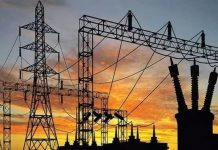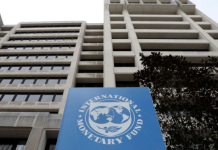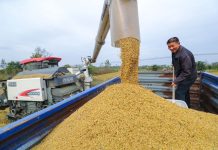ISLAMABAD: Women’s participation in the workforce is low in Pakistan because less emphasis has been given to the development of female human capital.
Therefore, it is time for the government and policymakers to reduce barriers and identify factors that contribute to the low female workforce participation.
Maheen Rashid, an economic policy analyst and gender specialist at UNDP, while talking to WealthPK, said: “The integration of women into the economic fabric is crucial for Pakistan. The nation cannot realise its full potential if half of its population does not actively contribute to the economy.”
She stated: “Pakistan, being an agricultural economy, has a significant portion of its workforce engaged in informal or casual labour. This is particularly evident among women, who are more inclined to work in the informal sector, with occupations ranging from agriculture and livestock to textiles and home-based activities.”
“A crucial step toward increasing female workforce participation involves the formalisation of informal jobs. This means bringing informal sector employment under regulations, providing job security, and ensuring that workers, particularly women, receive fair compensation for their contributions.”
She noted that the lack of gender-sensitive policies and infrastructure prevented women from realising their full economic potential.
“Gender-inclusive budgeting and planning must integrate with digital inclusion and technological innovations to reap long-term dividends for ‘womenomics’. To unlock the latent potential of the nation, it is imperative for the government and policymakers to proactively reduce barriers and meticulously identify the factors constraining female workforce participation,” Maheen suggested.
An official of the Planning Commission told WealthPK on condition of anonymity that Pakistan’s female participation in the workforce was the opposite of global trends. “The world average gap between male and female labour force participation has been declining as countries try and empower women through better-paid employment and ensure their contribution to economic growth and prosperity,” he noted.
The official said that the Planning Commission had established a gender unit “to plan all development projects according to principles of gender responsiveness.”
In the World Economic Forum’s Global Gender Gap Report 2023, Pakistan has been ranked 142 out of 146 countries with a 57.5% gender parity, the highest since 2006. Pakistan has been placed near the bottom of both the regional and global rankings. Only Iran, Algeria, Chad and Afghanistan rank lower than Pakistan. In 2022, Pakistan ranked 145 out of 146. –INP






